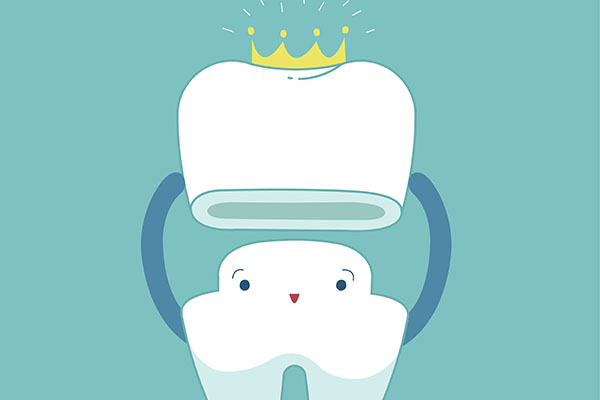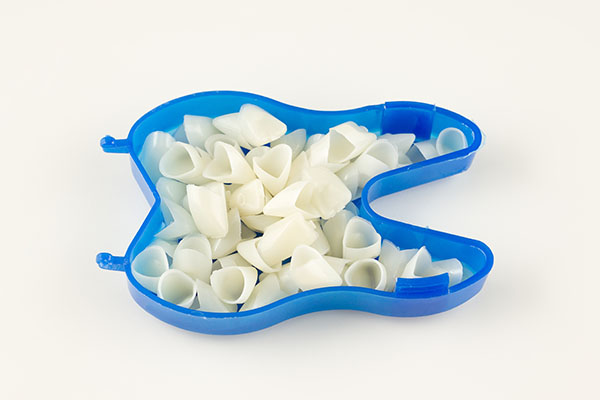Make an Appointment with a Family Dentist Today

Regular dental checkups are vital to keeping your teeth and gums healthy. You should visit your family dentist at least once every six months. This includes both adults and children alike. Routine dental appointments are essential for good oral health and they offer many important benefits.
Tartar removal is an important step in dental appointments that significantly reduces the risks of developing tooth decay. During a checkup, your dentist can also search for early signs of serious dental problems, such as cavities, infections, gum disease, bone loss, and even oral cancer. Many of these issues can be detected by a dentist long before symptoms arise. When caught early, you will likely have significantly more treatment options to choose from. There is also a much better chance of a more favorable outcome in the end.
Dentists can also offer optional preventative treatments that reduce your risks of developing tooth decay in the future. Topical fluoride treatments and dental sealants are some of the most commonly used treatments. For many people, sticking with a set schedule to visit the dentist helps reduce or prevent the development of dental anxiety. In fact, this is one of the reasons why seeing a dentist during childhood can be so important.
Because routine visits can help protect your teeth and reduce your risks for serious oral health issues, they should be a priority for people of all ages. Once the first baby teeth erupt, around age one, everyone should start seeing a dentist twice a year for a professional cleaning and examination. Here is an overview of what to expect at your semiannual oral health care appointments.
What to expect at your dental appointments
There are two parts to a regular dental visit; the checkup and the cleaning.
Checkup
Your family dentist will check your teeth for cavities and other dental issues. Normally, at every other appointment (once annually), X-rays will be taken to better detect tooth decay. Your teeth will also be checked for plaque and tartar. Plaque is a sticky layer of bacteria that hardens to become tartar if left unattended. Because tartar is hard, it cannot be removed by brushing and flossing and must be removed by a dental professional. Further, plaque and tartar cause more oral diseases. To avoid these unpleasant conditions, seek regular treatment with your family dentist.
In addition to the removal of plaque and tartar, your dentist will check your gums. The depths of the space between teeth and gums should be measured. Thicker spaces indicate gum disease, which should be treated promptly.
A thorough oral examination will also involve checking your tongue, throat, head, neck, and face for redness or swelling. This should be taken seriously as any of these could be indicative of cancer. Your family dentist will refer you to another professional in the appropriate field if anything troubling is visible.
Cleaning
At your semiannual dental visits, expect your teeth to be cleaned by your family dentist. Using a tiny round mirror, the dental hygienist rids the teeth and the gum line of plaque and tartar. The better you care for your teeth at home, the quicker this process will be.
Once your teeth are free of plaque and tartar, the hygienist utilizes a powerful electric brush to polish them. This tool is noisy but does an excellent job of cleaning and eliminating anything the scaling tool missed in your mouth. A gritty paste is used for the polishing procedure. This paste should only be used by professionals as the texture can wear down tooth enamel if used too frequently. The last step of your cleaning is typically thorough flossing. Once the dental hygienist has meticulously cleaned your teeth, the family dentist will take a look and review any images taken.
What to do between dental visits
To make your trips to the family dentist as painless as possible, take good care of your mouth each day. Ask your oral health care professional for recommendations specific to your needs. Generally, you should:
- Brush teeth twice daily with fluoride toothpaste for at least two minutes
- Floss teeth at least once per day
- Mouthwash after you brush
Conclusion
To keep your family's smiles clean and bright, keep regular appointments with a family dentist. Expect a detailed cleaning and checkup at each session with X-rays performed annually. For faster appointments and less discomfort, take the time to care for your teeth and gums properly at home.
Request an appointment here: https://www.martinimplants.com or call Martin Dentistry at (209) 299-7907 for an appointment in our Stockton office.
Check out what others are saying about our dental services on Yelp: Family Dentist in Stockton, CA.
Related Posts
An emergency dentist can provide swift treatment for urgent dental issues, allowing patients to enjoy faster relief from pain and other serious symptoms. If an emergency with your teeth, or a loved one's teeth, arises you will likely be scrambling for help. While you should call 911 if a situation seems life-threatening or if other…
A tooth abscess is an infection that begins in the mouth and can spread to other body regions. Gum disease and tooth decay are often the outsets of a spot. A tooth abscess is much more likely in those with poor oral hygiene habits. Anyone experiencing the condition should visit the emergency dentistry office as…
After experiencing a tooth injury, you have a better chance of saving your tooth if you go to an emergency dentistry office as soon as possible. Even if the tooth is knocked out, attempt to locate and bring along any tooth fragments. You are probably in a lot of pain if you have had a…
An impacted wisdom tooth requires emergency dentistry treatment. This type of tooth develops underneath the gums. It typically does not erupt above the gumline because there is no room for it. Impaction causes severe, distracting pain. If you want to know why you should go to an emergency dentistry facility for impacted wisdom tooth treatment,…


